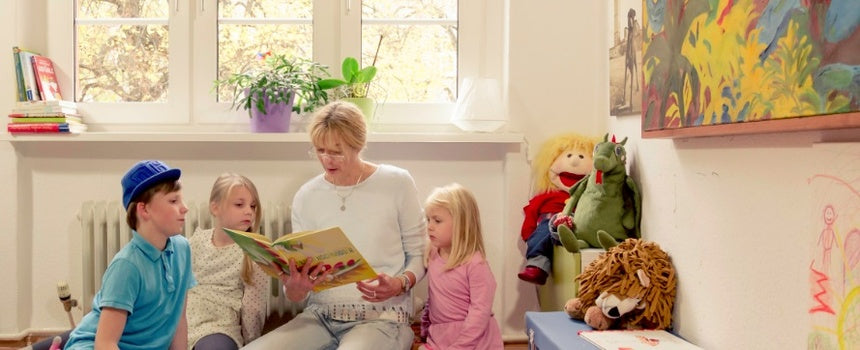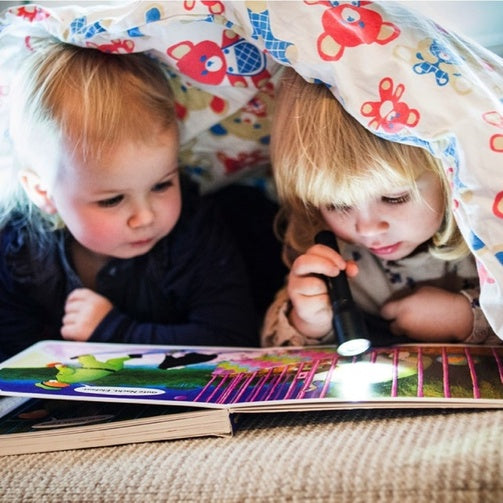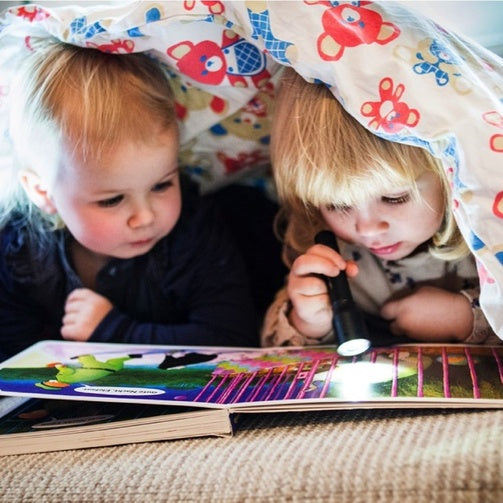Day 20
A story read aloud to a child in Germany
 Have you ever put sugar on your fries? Have you ever put sugar on your fries?
Have you ever put sugar on your fries? Have you ever put sugar on your fries?


Reading aloud for a successful start to school in Germany

need
Reading and participation opportunities for children from socially disadvantaged families.
activity
A reading event for young children is organized by the organization Librileo in Germany.
Measurable performance
Number of reading events held.
Result
The children’s language development and social skills are strengthened.
Systemically relevant impact
Children from socially disadvantaged families start school more successfully and have better educational opportunities.
background


The good deed
AboutGermany
Berlin
Capital city
82,100,000
Population
46.136
Gross domestic product
per capita per year
Rank 5 of 189
Human Development Index
(Human Development Index)




